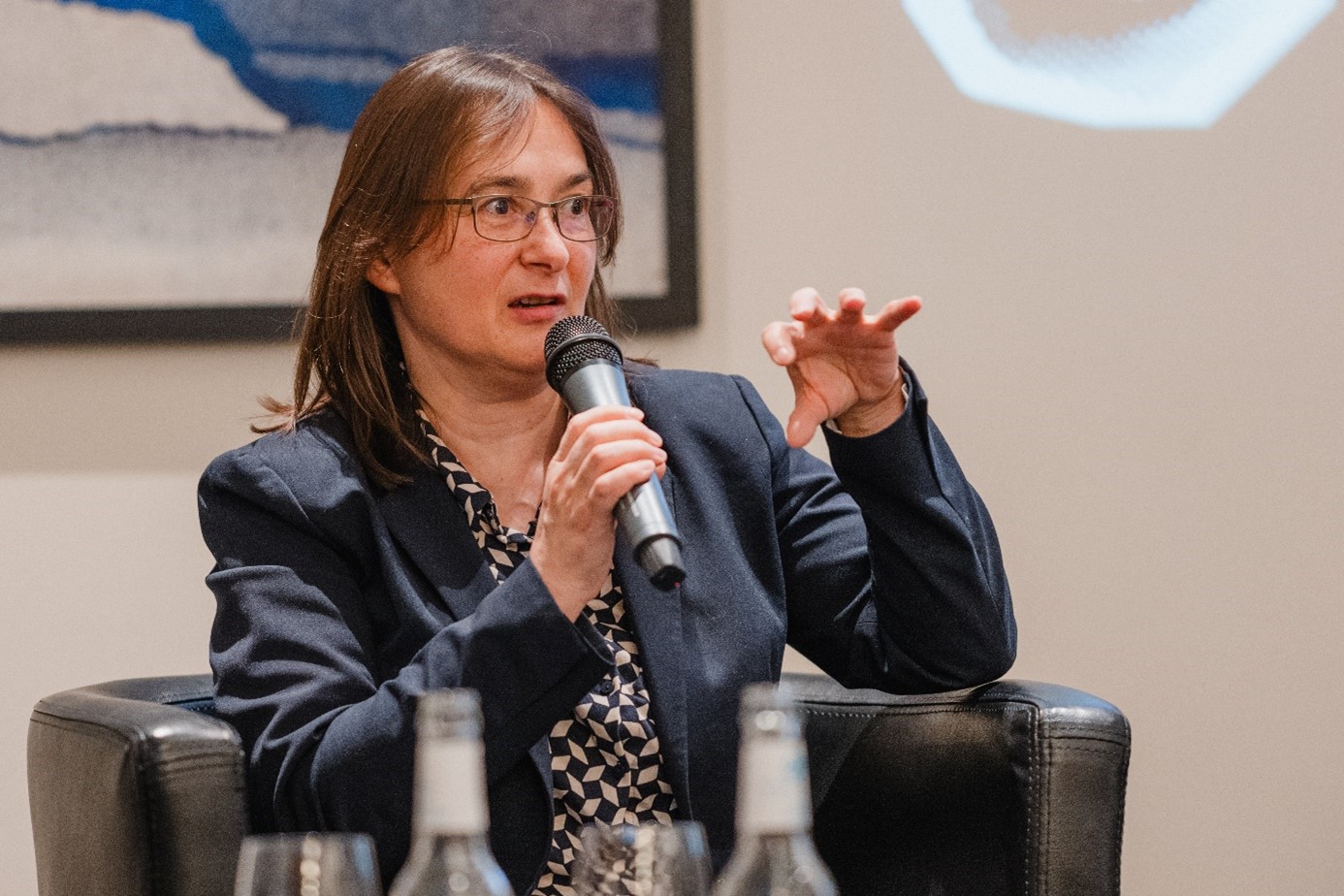On the 10th of December, our team members Annett Heft (Universität Tübingen, Freie Universität Berlin/Weizenbaum Institute), Kilian Buehling and Xixuan Zhang (both Freie Universität Berlin/Weizenbaum Institute) participated in the final event of the NEOVEX research project, which took place at the Representation of the State of Hamburg in Berlin. The event started with the presentation of the results of the subprojects. The IFSH Hamburg shared their findings from long-term and case studies on conspiracy theories and far-right ideologies. The colleagues of the TU Munich presented their conclusions on the (international) networks of actors during the COVID-19 crisis. Finally, the IDZ Jena presented its findings on the moderation and regulation of conspiracy narratives in times of crisis and strategies for effective knowledge transfer.
Our group presented their findings on diffusion dynamics of conspiracy theories and adaptation strategies in hybrid information ecologies. Apart from the methodological advancements they made in the project, our group shared insights on how far-right conspiracy theories spread along three dimensions: Cross-platform salience, cross-platform style, and the transnational alignment of narratives. The project results show that multi-dimensional diffusion dynamics of conspiracy-related content, which could be shown in several longitudinal studies, are not unidirectional and depend on specific configurations of platform affordances, narratives, and actor groups.
Afterward, Annett Heft joined a panel discussion exploring the challenges of conspiracy theories in the digital age and strategies to strengthen democratic resilience. Joining her on the panel of the final event were Katharina Nocun, a publicist and podcaster known for her expertise on digitalization and democracy; Andreas Speit, a journalist and columnist for taz Nord specializing in far-right extremism; and Stefan Uecker, who leads efforts on strengthening democracy and preventing extremism at the Federal Ministry of the Interior.
The diverse set of panelists of the final event shared their expertise on how and when disinformation can become a threat to democracy and discussed their insights on the entanglement between far-right politics and conspiracy theories. A vivid engagement with the audience allowed the participants to debate possible policy responses.
The event concluded with a small reception, allowing participants to reflect on the discussions and connect in a relaxed setting.
As the NEOVEX research project ends, we thank all partners for their great collaboration and dedication. The findings have advanced our understanding of conspiracy theories and far-right ideologies and provided strategies for future challenges. This work shows how interdisciplinary collaboration helps address complex social issues.


